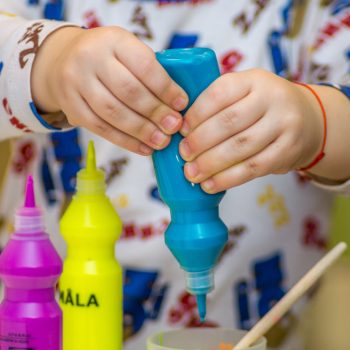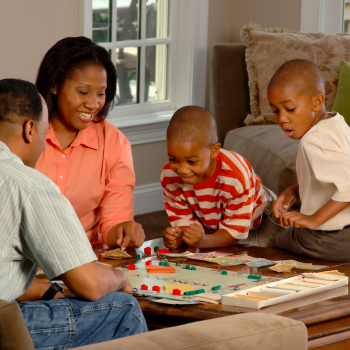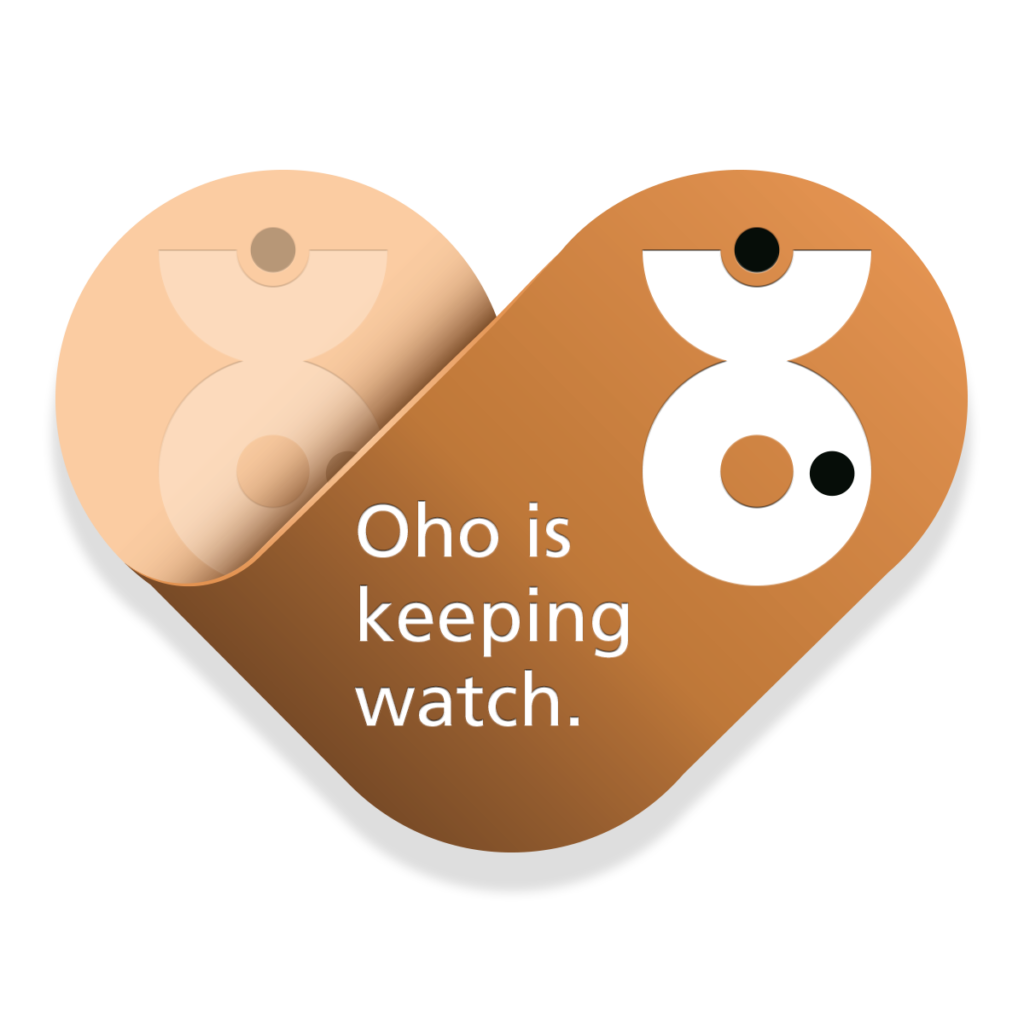If you suspect someone close to you is experiencing domestic violence, it can be difficult to know what to do. Seeing a loved one in an abusive situation can be upsetting, scary, and even frustrating. You might not know if you should intervene, or what would be helpful to do or say. Abusers often isolate their partner from family or friends until they feel alone and unable to turn to anyone for help. Breaking this obstacle down by being a present support in their life can be the change they need to get help or leave their abusive partner. CAPS has put together ten things you can do if you’re worried about a friend experiencing domestic violence.
1. Start a conversation
If you’re worried your friend might be experiencing domestic violence, try to have a conversation with her. Avoid imparting any judgment or personal opinions. Instead, bring it up by mentioning things you’ve noticed. You can say, “I’ve noticed you seem really tired and anxious lately, is everything ok?” or, “I’ve noticed you have some cuts and bruises. Did something happen?”
2. Respond non-judgmentally
Learning about what your friend is experiencing might cause you to make judgments about her actions or wonder why she’s staying with him. There are many reasons why someone might stay in an abusive relationship, including feelings of fear, isolation, lacking confidence, and many other reasons. Expressing judgment can make her feel worse about herself, more alone, and is not an effective way of helping her escape the situation.
3. Be supportive
Make sure she knows you support and care about her. She might be blaming herself or feeling alone and isolated. Your love and support can help her build confidence and know she is cared for and has people she can turn to.
4. Validate her experiences
Make it clear you believe her and that what she is experiencing is real. Often an abusive partner will attempt to turn his actions on his partner and make her question herself. This is especially true in circumstances where the abuse isn’t purely physical, such as with emotional or financial abuse. Validating and believing your friend’s experiences will help her gain clarity on the situation.
5. Leave out your own opinions
Hearing about domestic violence, especially from someone you care about, can be upsetting, and it’s normal to feel angry towards her partner. However, it’s important to keep these feelings to yourself. Avoid expressing a negative opinion or anger towards her partner. Instead, focus on building her up, and helping her gain the confidence and awareness to get herself to safety.
6. Avoid placing blame
This means don’t place blame on your friend (“what’d you do to provoke him?”), but it also means don’t excuse her partner’s actions on drugs, alcohol, or mental health (“well, maybe it’s just the alcohol”). While these things can cause serious difficulties in someone’s life, they do not cause domestic violence, and placing blame on them might lead her to excuse abusive behaviour.
7. Allow her to make her own decisions
At the end of the day your friend has to make her own decisions and trying to push her to leave when she isn’t ready can have consequences. If she decides to stay, make it clear that you’re still going to support her. This can feel frustrating or scary but pushing her to do something she isn’t ready for could lead to her becoming defensive or cutting off contact.
8. Help her create an escape plan
Whether or not your friend is ready to leave, creating an escape plan together is a good idea. This can include having a code word, finding a safe place she can go to, helping her come up with a reason to leave the house, and packing an escape bag. If she has kids, she should also pack bags for them with important toys, blankets, and other items that will help them feel safe if they need to leave in a rush.
9. Stay in contact
If your friend decides not to leave, make sure you stay in contact with her. Abusers often try to isolate their partners from friends and family. Staying in contact means you can be sure she is okay, and it will help her to know she has support outside of her relationship.
10. Help her get to safety
When your friend decides she’s ready to leave her abusive partner, you can help her get to safety. This could mean inviting her into your own home, helping her get to her family, or contacting a service to find emergency housing. Remember, one of the most dangerous times is after someone leaves their abuser.








